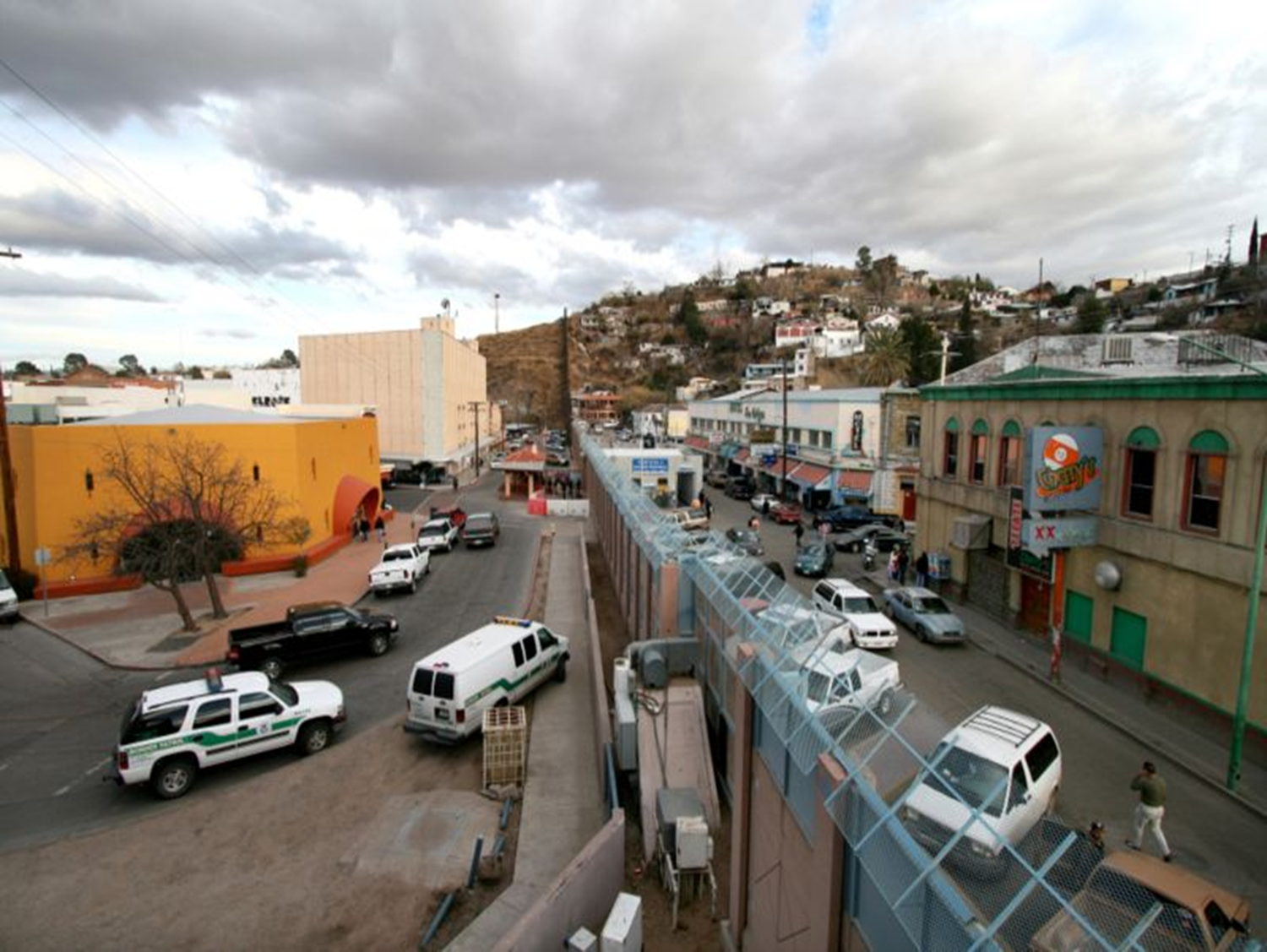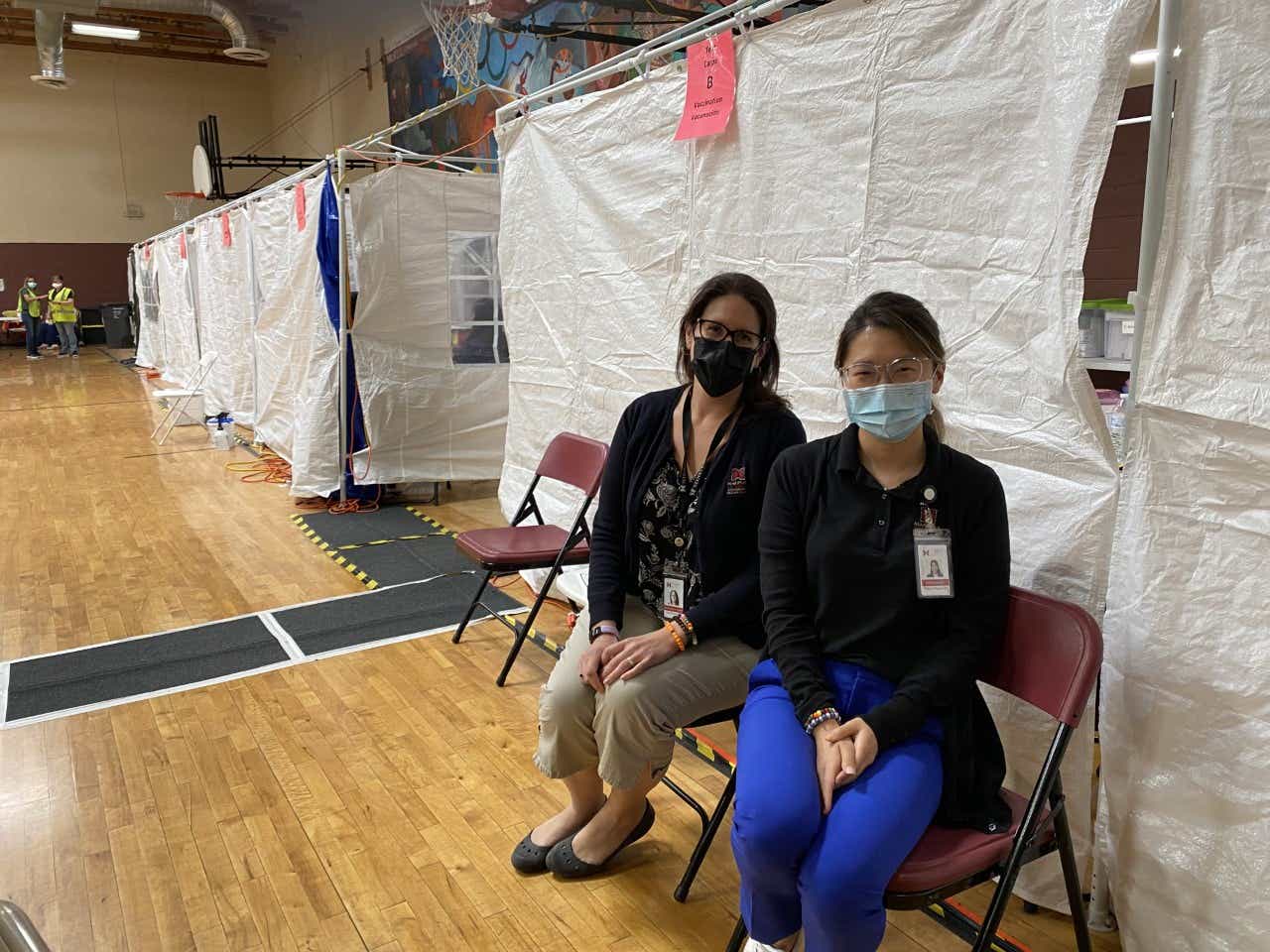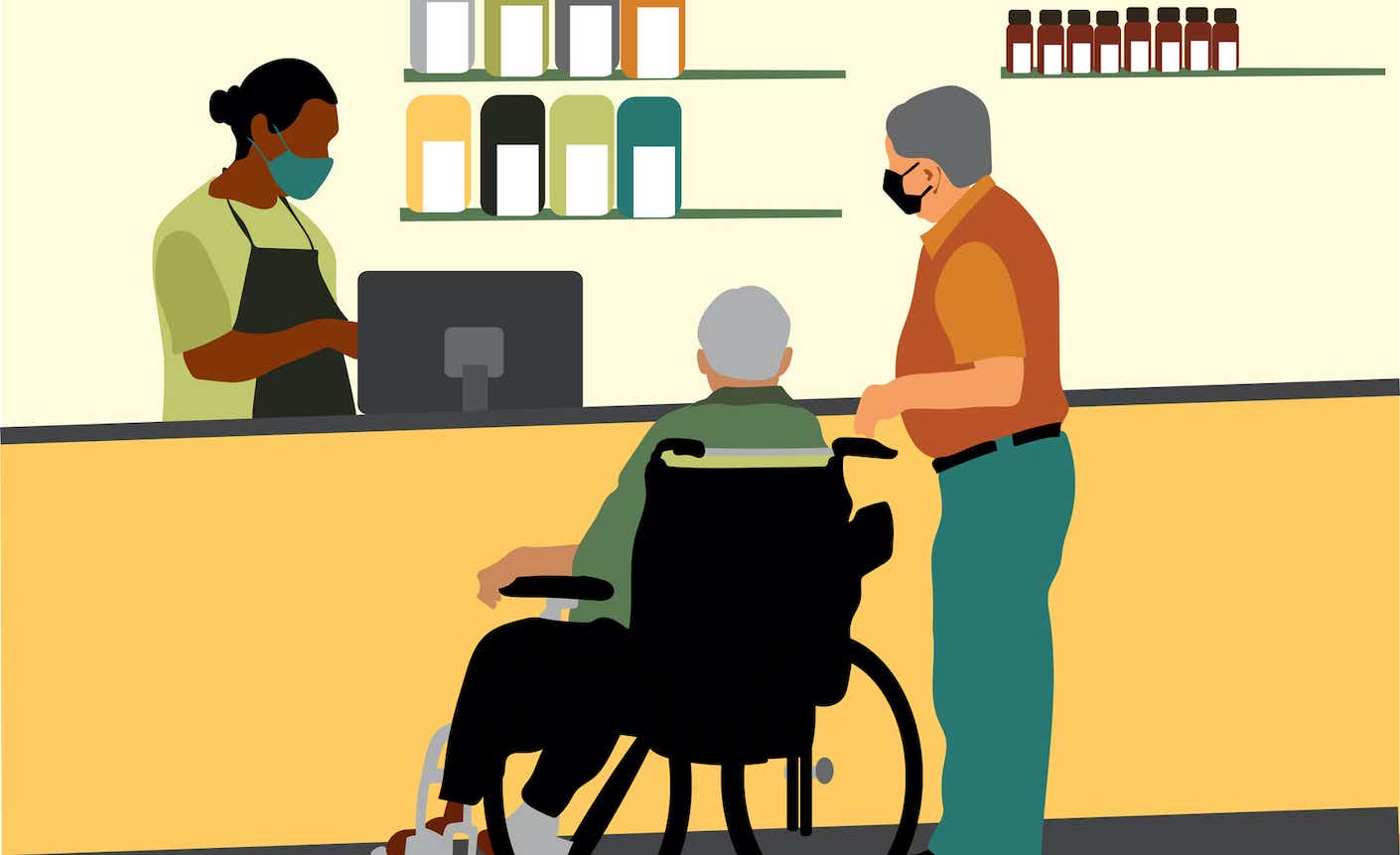On the border of Arizona and Mexico lies a sleepy, rural town called Nogales. Located in Santa Cruz County, town residents say Nogales prides itself in a sense of community — many families have lived there for generations.
The population of Nogales is 85 percent Hispanic, and the town’s name comes from the Spanish word for the walnut trees that used to grow there. In the years since those once-abundant trees graced the landscape, Nogales has become a food desert. This means its 20,000 residents, many of whom are considered low-income, are among the 23.5 percent of Americans with limited access to fresh or affordable food. The town also has no public transportation — and extremely limited access to healthcare.

When healthy, nourishing food is in short supply or is too expensive, people often resort to eating cheaper, processed foods, which typically contain a much higher sugar and fat content. This has led to an abnormally high number of residents who’ve developed diabetes: 15 percent of Santa Cruz County’s residents have the condition, a number significantly higher than the national average of 11 percent. And 22 percent of adults have hypertension.
The staff at the Mariposa Community Health Center (MCHC), the largest primary care provider in the county, see the real impact of diabetes on these patients every single day. The MCHC serves over half of the residents of Santa Cruz County, and the alarming rise in diabetes has led to an even bigger concern: the development of colorectal cancer. It’s the second leading cause of cancer-related death in the U.S., and there’s a significant link between diabetes and the development of colon cancer. In fact, people with type II diabetes are three times as likely to develop colon cancer than the average American.
Patty Molina, the Senior Director of Community Health Services at MCHC, has dedicated her career to informing the citizens of her town about the importance of caring for their health. As a trusted member of her community, she speaks directly to citizens of Nogales about the dangers of diabetes and colorectal cancer, and the importance of screenings. She’s tried a number of solutions to help mitigate the insidious issue of diabetes, including connecting as many citizens as she can to the local food bank if they need that resource. And, of course, she encourages all community members at risk of diabetes to visit the MCHC for regular colorectal cancer screenings.
Even with Molina’s tireless efforts, Mike Castillo, the Senior Director of Pharmacy at MCHC, recognized the gravity of the problem her community’s facing. With doctors in Santa Cruz County busy taking care of the most vulnerable patients, there’s little time to comprehensively educate patients about colon cancer screenings. That’s when Castillo started looking at his pharmacy staff. These employees, who see a combined 500 patients, have a unique understanding of each patient’s specific medical needs. They adjust medication, provide insulin, and monitor glucose. What if these pharmacists could also take an extra few minutes to talk through the importance of colorectal cancer screenings? The main issue Castillo knew his pharmacists would face would be getting patients to commit to scheduling and showing up for a colonoscopy.
It was around that time that something serendipitous happened: A representative from Exact Sciences, the makers of Cologuard, visited the MCHC. They explained that Cologuard, covered by most Medicaid and Medicare programs, doesn’t require patients to have an in-office procedure, and can be done from the comfort of their own home. To the pharmacy team, the opportunity sounded too good to be true.
If a patient who has diabetes, is at high-risk for diabetes, or is over 45 is referred for a screening by a doctor, pharmacists will suggest Cologuard. “We actually show them the Cologuard website,” says MCHC Lead Clinical Pharmacist Heeya Ju. “We play that cute little three-minute video. Whether a patient speaks Spanish or Korean, there’s an option to watch the video in any language, which makes this process so easy for us.” With the help of Molina’s team, the pharmacist then helps set the patient up with a Cologuard kit, and follows up to make sure they actually send in their sample.

Considering the groundbreaking work the MCHC is doing to get their most vulnerable patients screened for colon cancer, it’s no surprise that they applied for and were awarded one of eight FOCUS grants from Exact Sciences. “That money has been essential in helping us to provide the everyday essentials for this project that most people don’t even think of,” says Jeanna Szablicki, MCHC Manager of Clinical Pharmacy Services. “That grant has helped to cover the costs to print brochures with all of the screening information, for patients to take home and review with their families. In a town with no public transportation, it’s allowed us to arrange transport for patients who can’t get to the clinic on their own. It allows us to do home visits to patients who are most in need. It’s been a lifesaver in helping us to keep this project growing.”
When asked what he hopes the future of this project will look like in 10 years, Castillo doesn’t hesitate. “We want a solid system in place that other health centers can replicate across the country. But on a personal level, if I can get just one patient screened for colon cancer who wouldn’t otherwise have been screened, then I’ll consider this project successful. The possibility of saving one person’s life will be worth it.”
Learn more about the Exact Sciences FOCUS program here.









